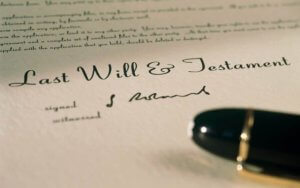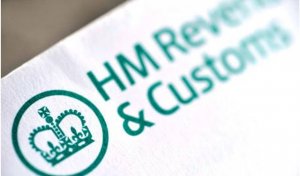- Private Wealth
- Wills & Succession Planning

Shorter Reads
Don’t e(stop) til you get enough
1 minute read
Published 11 October 2018
Key information
This case shows that the equitable doctrine of proprietary estoppel can still play a significant role in deciding court cases, which runs contrary to the general idea of testamentary freedom.
The doctrine provides that, where a person has been promised an interest in property and has, in reliance on it, incurred expenses or made sacrifices that he would not otherwise have made, the law provides a remedy. It is a common fact pattern that an individual is promised that they will receive a house or property on the death on the death of the current owner, and that individual then does something in reliance on that promise (such as working for less pay). Courts have a wide range of remedies available to resolve such disputes, which can include transferring the entire property to the claimant individual in certain circumstances.
Cases such as these should remind practitioners to take care to ensure that clients’ testamentary documents and letters wishes are up-to-date. Whilst these may not be irrebuttable, a later testamentary document will go a long way towards confirming the client’s true intentions in the face of opposing arguments.
Associated sectors / services
Authors
This case shows that the equitable doctrine of proprietary estoppel can still play a significant role in deciding court cases, which runs contrary to the general idea of testamentary freedom.
The doctrine provides that, where a person has been promised an interest in property and has, in reliance on it, incurred expenses or made sacrifices that he would not otherwise have made, the law provides a remedy. It is a common fact pattern that an individual is promised that they will receive a house or property on the death on the death of the current owner, and that individual then does something in reliance on that promise (such as working for less pay). Courts have a wide range of remedies available to resolve such disputes, which can include transferring the entire property to the claimant individual in certain circumstances.
Cases such as these should remind practitioners to take care to ensure that clients’ testamentary documents and letters wishes are up-to-date. Whilst these may not be irrebuttable, a later testamentary document will go a long way towards confirming the client’s true intentions in the face of opposing arguments.
Associated sectors / services
- Private Wealth
- Wills & Succession Planning
Authors
Need some more information? Make an enquiry below.
Subscribe
Please add your details and your areas of interest below
Article contributor
Aidan
GrantSenior Associate
Specialising in International trusts, tax & estate planning, Private wealth, UK trusts, tax & estate planning and US/UK Tax & estate planning
Enjoy reading our articles? why not subscribe to notifications so you’ll never miss one?
Subscribe to our articlesMessage us on WhatsApp (calling not available)
Please note that Collyer Bristow provides this service during office hours for general information and enquiries only and that no legal or other professional advice will be provided over the WhatsApp platform. Please also note that if you choose to use this platform your personal data is likely to be processed outside the UK and EEA, including in the US. Appropriate legal or other professional opinion should be taken before taking or omitting to take any action in respect of any specific problem. Collyer Bristow LLP accepts no liability for any loss or damage which may arise from reliance on information provided. All information will be deleted immediately upon completion of a conversation.
Close


























































































